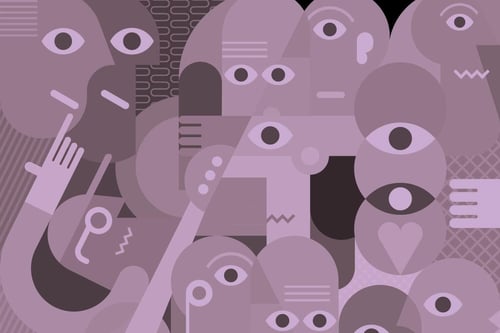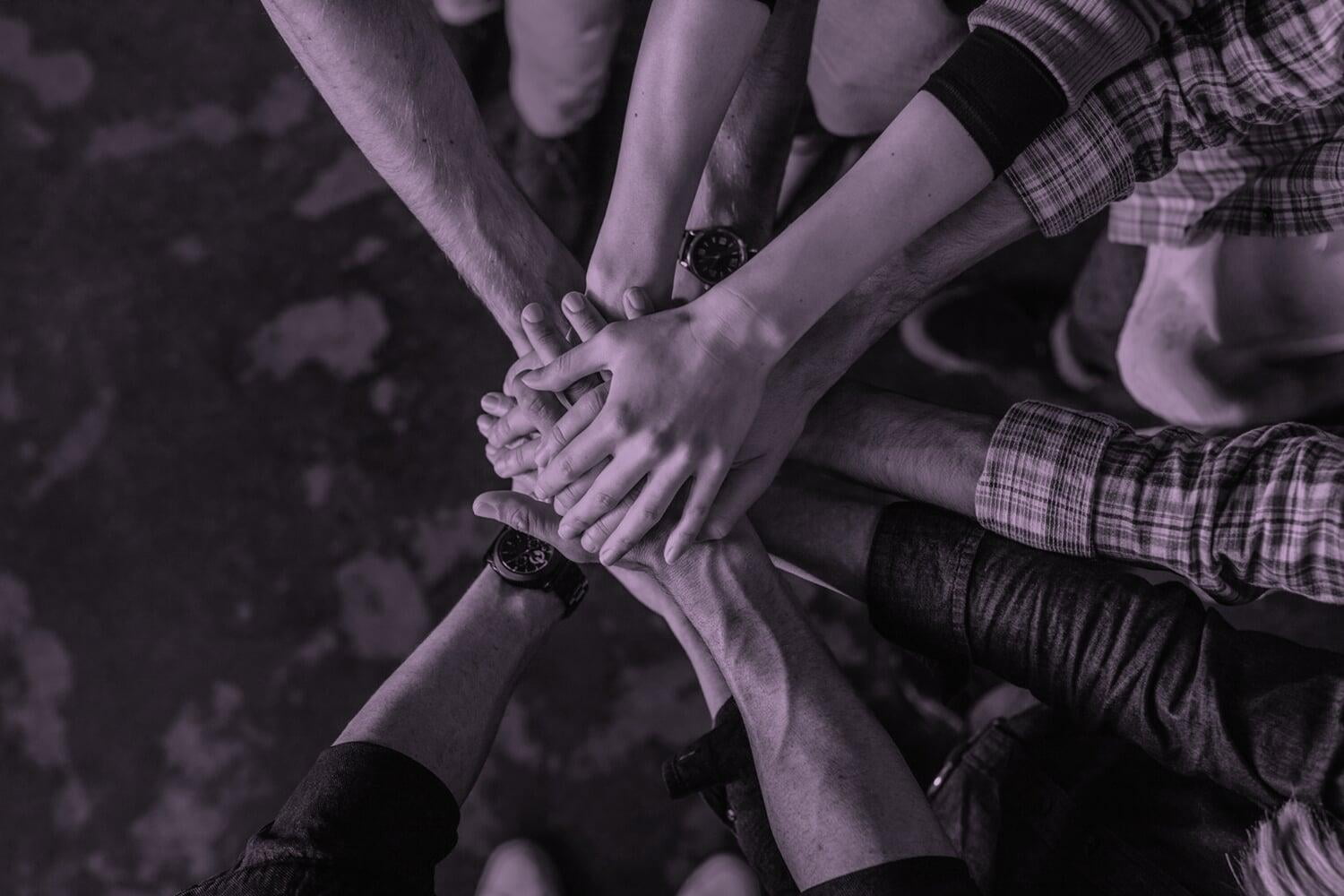The Pathway to Excellence | Live | Relational Development
Relational Skills
We need to locate our capacity to grow in connection and shared purpose with others through improving our relational skills – how we develop our ability to listen with care and empathy to the voice of others and to seek out ways to find common ground, appreciate difference, resolve conflict, and achieve the satisfaction of mutual interests and concerns.

All around the world, when people are asked about what they want from their leaders, the idea of “listening” keeps coming up again and again. We need people who will listen to us and hear the voice that lies within. We need people who will employ their competencies to refine this voice and help it to emerge into the market-place of ideas in a state that is fit for purpose. We need people to care enough for us to give us the time and the compassion to reveal what is troubling us and where we feel that we just don’t fit in.
We need people to connect with us and connect us to others and help to build a common culture of values, beliefs, goals, processes and norms of behaviour – the way we do things here. These need to include helping us all to reflect on ourselves individually and collectively so that we can celebrate our wins, develop our strengths, and resolve any conflicts or uncertainties that arise. We also need people to help us to sharpen our individual self-efficacy – how we organise ourselves so that we put our character, competencies and wellness to its best use – and turn it into collective efficacy – how we organise a group of people into a team who are working together willingly to achieve a common mission that fulfils the needs of the community which they serve, the team itself and the individuals within it.
This means we need people who can draw the best out of us. We need people who can help us to grow in character – to help us to feel as though we belong, that we are fulfilling our potential, and doing what is good and right in the world. This means we need people who we feel are on our side, who understand what we are going through and how it makes us feel. This quality of empathy goes beyond feeling sorry for someone. There needs to be a genuine desire to create solutions that can nurture, challenge and inspire us to grow in our character, competencies and wellness.
“Be genuinely interested in everyone you meet and everyone you meet will be genuinely interested in you.”
Rasheed Ogunlaru
We also need people to grow us in our adaptive expertise so that our competencies can be put to the best possible use in new situations. In this way, we need to be supported to respond to change in lives constructively, even when we find such change personally and professionally difficult.
It’s important for us to have people around us who can help us to build the rapport that creates team and with whom we can create a relationship of trust and reliability. We also need people with whom we can have a laugh and let off some steam when the time is right – not every conversation and connection needs to be intense and focused. Relaxing together is, of course, just as important as stretching each other’s capacity and responding to a time of adversity.
What we need to realise is that these people who we need are also us. We all need to build the relational capacity that helps us to recognise and manage our own and other people’s emotions. We all need to develop an ever-expanding repertoire of skills in making and sustaining healthy connections with people so that we can learn, live, lead and work together. We all need to increase our understanding as to how we might direct, motivate, influence and inspire others so that we can look after them, bring the best out of them, and achieve the goals of the team and the organisation to which we all belong in a manner that is ethically sound and socially responsible.
We humans are, by and large, social beings. We are meant to be in the company of others for significant periods of time. Each one of us has a part to play in how well we relate to each other, how we forge a common purpose and build the culture of people, place and practice.
Formal training in relationality is usually of benefit to most of us periodically, particularly when it homes in on the specific skills we need to apply in the immediate context of our lives. Sometimes this will come from depth studies of whole areas of connection, such as conflict resolution, while at other times it’s about the little things we do, the micro-skills and relational gestures that invite people into conversation and make them feel respected, valued and validated. While we can all gain from brushing up on our relationship techniques in both professional and personal settings, we also learn much from our informal day-to-day learning that we undertake when we work and live alongside others, we observe the impact of what occurs and model what we do from someone else.
These relational skills can and should be learned over time. For some, they will come much more naturally, while others will really need to work hard to develop confidence. Some of us are more outgoing while others are shy. Some enjoy and gain energy from their interactions from others, while others need times of solitude to recharge and refresh. As ever the possibilities of how we can learn when we need to get together, what we need to do when we do, and how we can connect in between times are defined by the diversity of people, their personalities and their needs. The Pathway to Excellence has questions that we can all share, and answers that are personal, especially when it comes to that most basic and most significant question of relationality: how we can we listen to each other so that we might be heard better?
We can contemplate our understanding of our Relational Skills through considering the following questions:
- Do I reflect on my relational skills, and am I becoming aware of what that I need to do to get along and to be effective in my relationships with others?
- Do I strive to be trustworthy, responsible and collegial in my relationships with others?
- Am I empathetic and know how to put other people at their ease?
- Do I do my part to help diffuse the situation, resolve the conflict and get everyone back on track when tensions or difficulties arise?
- Do I ask those whom I respect and admire what they consider to be the important relational skills for success?







